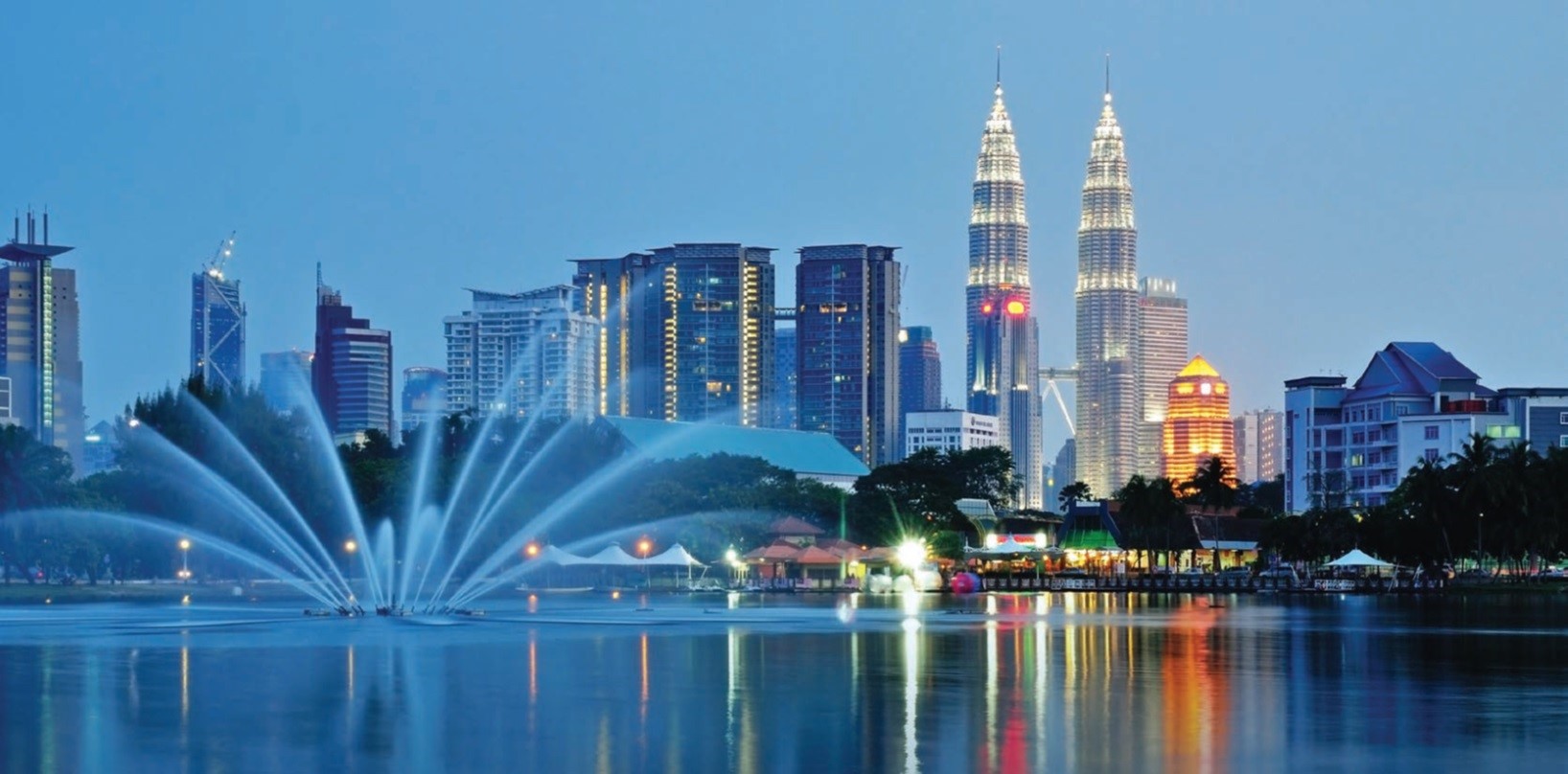
Malaysia is rightly called the economic miracle of Southeast Asia. It is hard to believe, but this country has turned into an industrial-agrarian from agro-industrial in just 15-20 years. The Malaysian economy in 2014-2015 was one of the most competitive, ranking 6th in Asia and 20th in the world, higher than countries such as Australia, France, and South Korea.
In 2014, the Malaysian economy grew by 6%, showing the second highest growth in ASEAN and second only to the Philippines, where the figure is 6.1%. Malaysia’s 2014 PPP GDP of $746,821 is the third highest in ASEAN behind the more populous Indonesia and Thailand and the 28th highest in the world. Gambling is also allowed in Malaysia, which will enable you to play 3 patti game online play without problems.
History of business in Malaysia
In July 1981, after the resignation of Hussein Bin Onn for health reasons, the post of Prime Minister was taken by Dato Seri Mahathir Mohammad (r. 1981-2003). With the reign of Mahathir Mohammad, the modernization of Malaysian society is associated. The government took a course to strengthen order in production and public life, increase the efficiency of the administrative apparatus, and strengthen the fight against corruption.
During the reign of Mahathir Mohammad, traditional Malaysian exports – rubber and palm oil – were added to important ones such as oil and natural gas. Subsequently, other industrial productions were included in this list.
Economic growth was accompanied by a reduction in the share of the population below the poverty line from 20.7% to 17.1%, in 2002 – 8%, and in 2007 – 4.5%. Malaysia has achieved these results thanks to its focus on the production of export products, the income from which in 2002 amounted to 95.2 billion dollars.
An interesting fact is that the former prime minister emphasized at a conference of Muslim countries that Malaysia did not develop on the advice of foreign advisers but acted in a completely different and sometimes opposite way. Foreigners advised keeping Malaysia an exporter of cheap raw materials and Malaysia industrialized. Foreigners have warned against social justice endeavors, and Malaysia is implementing a new economic policy that has harmonized society and prevented friction between ethnic and religious groups.
Milestones of development
To increase production volumes, the gross domestic product, and the rise of the Malaysian economy as a whole, such leading companies as SONY, PANASONIC, and many other companies were involved in the production, which, for greater interest, were provided with tax incentives up to tax exemption during the first 10-15 years of production. Thanks to these benefits, more and more global corporations have opened and continue to open their branches in Malaysia. During the reign of Mahathir Mohammad, leading firms built gigantic enterprises, which ensured full employment for the population. As a result, unemployment in Malaysia fell to 2%.
In 1983, the government created the Islamic Bank. In addition, the International Islamic University was also organized, where research is being conducted in the “Muslim civilization.”
Tourism occupies an important place in the development of the country’s economy. Malaysia is one of the world’s top ten most popular tourist destinations. For 2009, Malaysia is in 9th place in the list of the most visited countries, right after Germany.
Tourism occupies an important place in the development of the country’s economy. Malaysia is one of the world’s top ten most popular tourist destinations. In 2007, 15.5 million people visited Malaysia, and this figure is growing almost exponentially every year.
In developing this area, the government is implementing Malaysia Welcomes the World program, which consists of training hotel staff to serve better tourists and customs and police officers.
Business
As for doing business, everything is going well in this matter too. If, in many countries, when organizing your business, the number of shares of a foreign investor and a representative of the country must be distributed from 50% to 50%, then Malaysia is a little different. In order to attract its indigenous population to business, the government often raises a foreign investor’s interest rate to 70%. Here it should be emphasized that in the country, there is such a thing as “bumiputra” – people who have Malaysian citizenship and profess Islam. And if you take a person with bumiputra status into your business, then his share can be 30%, and the share of a foreign investor can be 70%. Regarding the tax system, Malaysian accountants are lucky: they do not have to calculate VAT and prove the organization’s right to recover it. There is simply no such payment in Malaysia.
In general, the tax system of this country is simple. It lacks many types of taxes that are widely used in other countries. On the one hand, significant benefits provided to manufacturing enterprises help increase the competitiveness of Malaysian manufacturers and, on the other hand, stimulate savings and investment. The central tax paid by Malaysian businesses is income tax or, as it is often called, corporate tax. Its rate was lowered to 25% in 2009 from 28% before. However, it has a large number of benefits.
For example, enterprises specializing in high and information technologies and educational fields can be exempted from tax for five years with a possible extension. In addition to corporate tax, Malaysian enterprises pay sales tax on both imported and domestic goods. Rates are ad valorem (as a percentage), sometimes specific (a specific amount). General tax rate:
- for sale – 10%;
- for wine and complex alcohol products – 20%;
- for cigarettes – 25%.
Briefly about the tax system
The tax system of this country is simple. It lacks many types of taxes that are widely used in other countries. On the one hand, significant benefits provided to manufacturing enterprises help increase the competitiveness of Malaysian manufacturers and, on the other hand, stimulate savings and investment. The central tax paid by Malaysian businesses is income tax or, as it is often called, corporate tax. Its rate was lowered to 25% in 2009 from 28% before.
Value Added Tax (VAT) is an indirect tax in Malaysia. As a result of the application of VAT, the end consumer of a good, work, or service pays the seller a tax on the entire cost of the goods he purchased. However, this amount begins to arrive in the budget earlier than the final sale since the tax is from its part of the value “added” to the cost of purchased raw materials, works, and (or) the services necessary for production are paid to the budget by everyone who participates in the production of goods, work or services at various stages.

Starting April 1, 2015, the VAT tax rate in Malaysia is 6%.
Residents of the country deduct tax from their income: it is progressive and is levied at a rate of 0 to 27%. However, when selling any property or real estate, citizens must pay tax on income from the sale of property: its rate varies from 5 to 30%, depending on the period of ownership of real property or securities. Resident individuals are exempt from this tax if they hold the property for six years or more, and legal entities in the same cases pay 5%.
